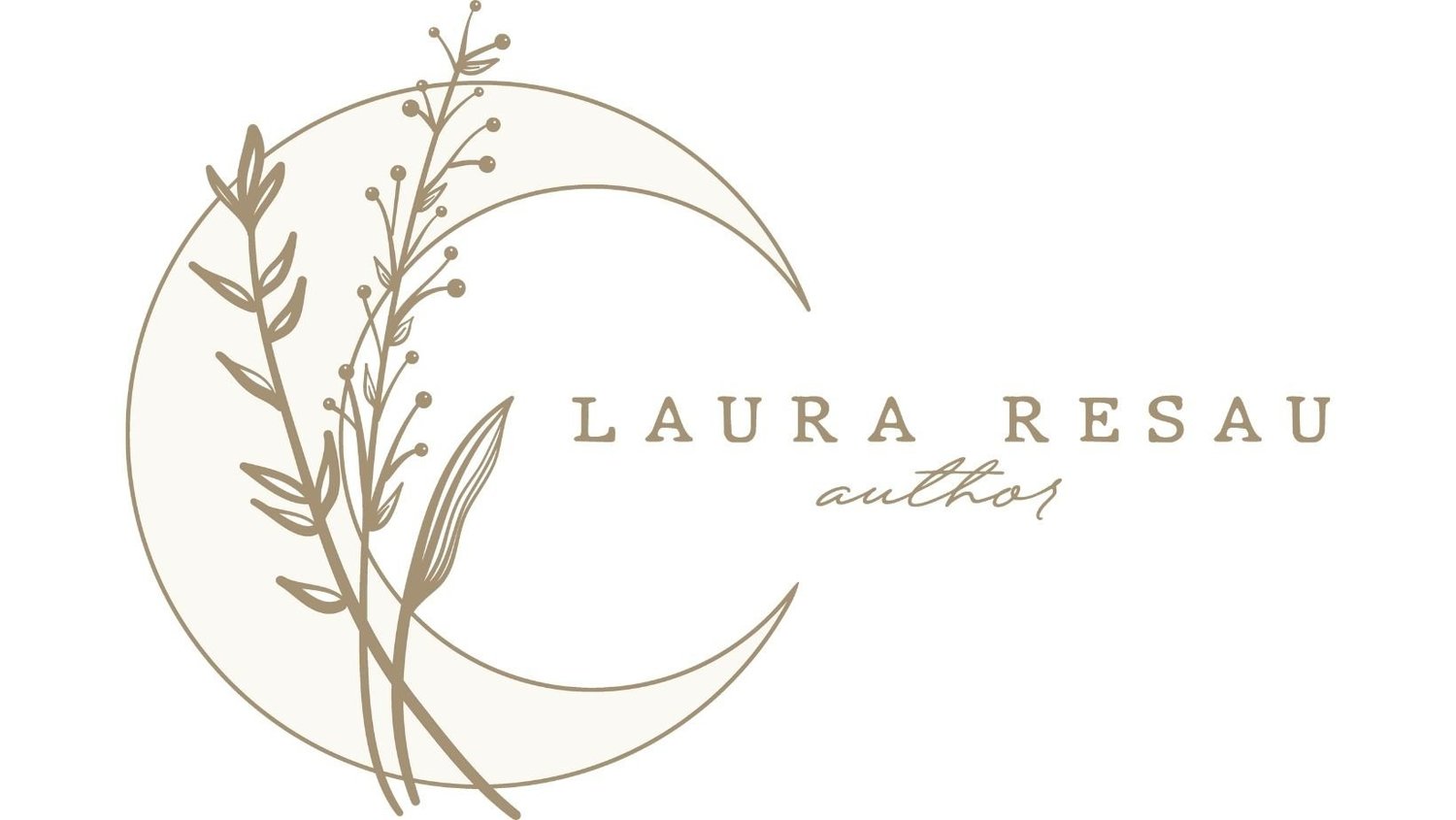more about the indigo notebook
healers
María Virginia and her husband, who come from families of healers, told me about healing practices used in their communities, many of which are similar to practices I've experienced in Mexico. (This was my area of focus in my Masters degree... and if you've read my other books, you know I can't resist weaving indigenous healing practices into the stories!) Maria and another Ecuadoran friend and I went before dawn to the Peguche Waterfall, where our friend did a ritual to find true love by bathing nude with rose petals. (Yes, she did indeed find true love the following year!) We also went to a local shaman, who did a divination for Maria's husband and gave me a limpia (complete with fireballs!) in hopes that it would lead to a pregnancy. Instead, it led to me and my husband adopting a baby from Guatemala a year later. (There's an author's note in the book that details all this.)
themes
Which leads me to one of the themes of the book... that what you thought you wanted more than anything in the world (in my case, a pregnancy), might not be the thing that will ultimately make you happiest (in my case, my son from Guatemala.) At first, Zeeta believes that a "normal" life is the only way she'll be happy. Similarly, Wendell has an idea that a relationship with his birth father is what will make him happy. This happiness puzzle was something I thought I lot about during and after the adoption of my son.
layla and zeeta
As I mentioned, I see Layla and Zeeta as different parts of myself (okay, this is pretty Jungian, I admit-the idea that the characters in dreams are aspect of your psyche). In my life, these two parts of me-the mystical traveler and the common-sense realist-have struggled against each other, ultimately (I hope) finding some kind of balance, like birdwings (as Rumi says.) (If you'd like to read more Rumi, I highly recommend The Essential Rumi, translated by Coleman Barks.)
wendell
As I was writing this, my husband and I were doing adoption training workshops to prepare for life with our son. Adoption had already been part of my life (my brother was adopted from Korea), but it wasn't until I did the trainings and started developing Wendell's character that I could really begin to understand how it felt for a person who has been adopted. As I explored Wendell's character, I thought a lot about how my son might feel about his adoption at different stages of his life.
gaby
I love strong women characters in Latin America. I've met many of them in marketplaces, where women often run their own businesses and serve as their own bosses. My Otavaleña friend, María, said that as a little girl, her dream was to have her own stall at the market. She perceived this as an indigenous woman's path to gaining power, wealth, and independence within an often sexist or racist society. Gaby's character was fun to write-- she's flirtatious and cajoling and fun and wise and great at selling anything to anyone-just like so many middle-aged female vendors I've met.
silvio and faustino
In several places in rural Latin America, including Ecuador, I've encountered the idea that although healers and shamans are extremely powerful, their power can be dangerous if it's misused. The healer could veer off into witchcraft, causing harm instead of good. Or the healer could feel overwhelmed by the power and veer off into excessive drinking. I thought it would be interesting to look at brothers who were both potentially spiritually powerful, yet only one brother was able to use his powers for good. I don't want to say much more about them, because I don't want to give you any major spoilers!
mamita luz and the girls
As Maria and I were writing the early childhood part of her memoir (full of extreme poverty and domestic violence), she mentioned that once she ran away to her aunt and uncle's house. They were infertile, yet desperately wanted a child of their own. They lavished Maria with attention and sweets, told her what a treasure she was, and invited her to live with them. After a few days, Maria's mother came to take her back home, where she was beaten and neglected. I really sympathized with María's aunt. Nothing is more infuriating and heart-breaking than encountering abused kids while being unable to have your own child. I tried to infuse the loving spirit of María's aunt into the character of Mamita Luz, who serves as the mother of all children who need her. This character turned her sadness and anger into open-hearted compassion. I love Mamita Luz, and I wish all kids had someone like her to cherish them.
One of my favorite things about spending time in indigenous villages is the kids. They act as my personal tour guides, pointing out flowers and berries, telling me stories, asking me fun questions, demanding that I sing Head, Shoulders, Knees, and Toes just one more time, por favorcito... I tried to capture this joyful, playful friendship in Zeeta's and Wendell's interactions with the girls in Agua Santa.



